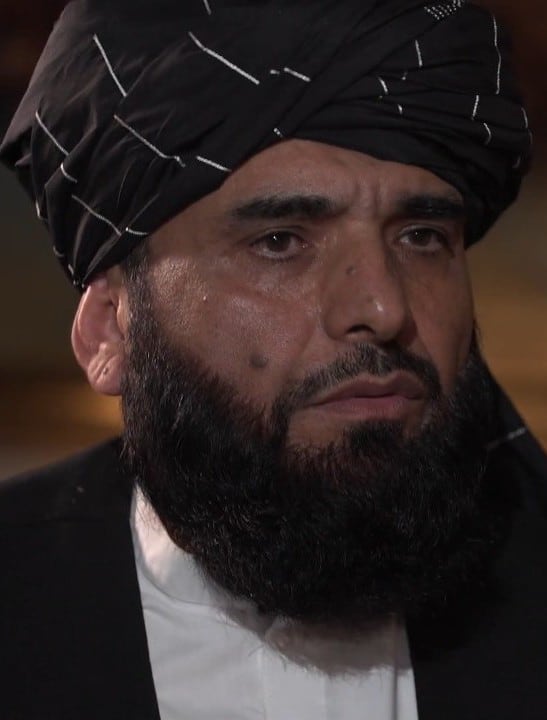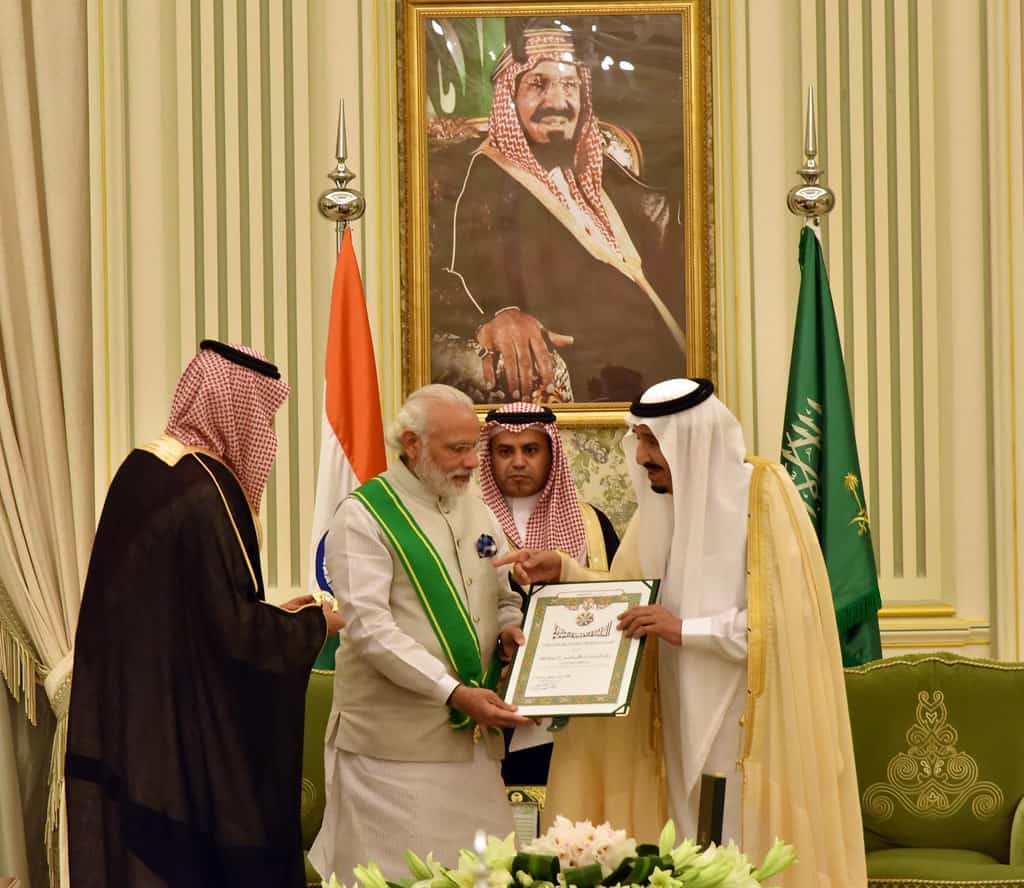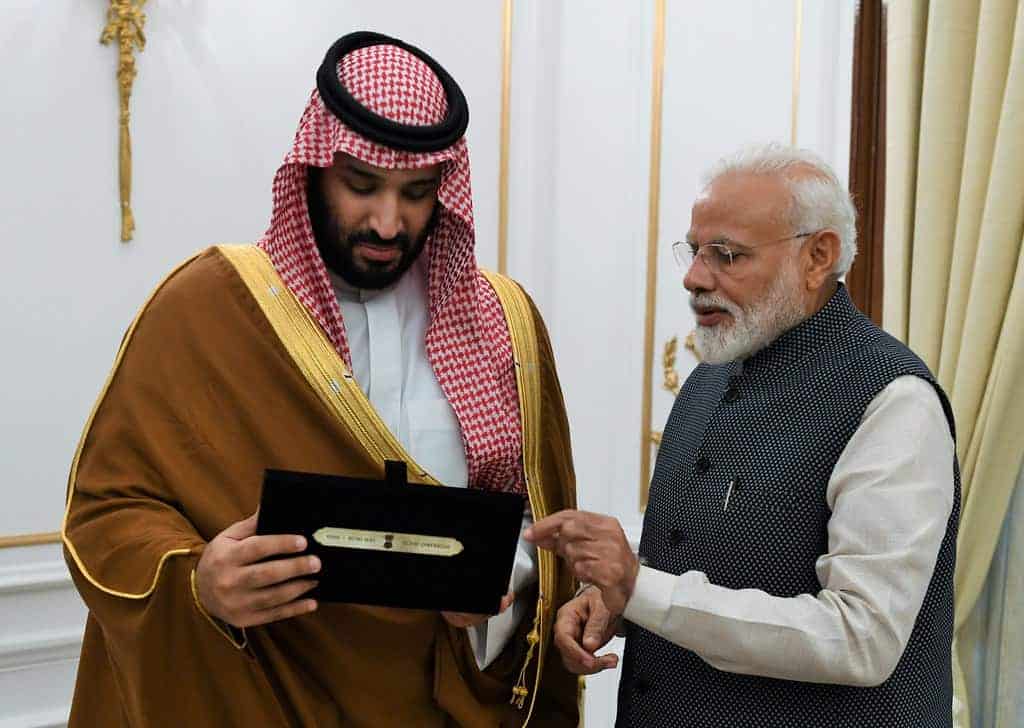By Siddarth Subudhi
The chaos in the streets of Kabul, people’s fears, and paranoia — all fueled by the sounds of gunfire, bombings and crashing rubble — are palpable. Just a few weeks back, the Afghans of yesterday held on to their dreams whereas the Afghans of today took to realising them. America’s role in shaping these aspirations by promoting civil rights and women empowerment was truly remarkable. Though it is equally tragic how the US ended up becoming a pallbearer during the death of those dreams.
The recent withdrawal of American troops from Afghanistan amidst a Taliban return not only casted a pall of gloom on the country’s citizens, but on India too.
Only in 2015 did Prime Minister Narendra Modi inaugurate Afghanistan’s parliament building. This heralded a new dawn for India in its quest to expand its regional influence.
One question remains from the Indian establishment and people alike — where do we go from here?
India on the back foot
India has remained unequivocally committed to furthering Afghanistan’s ambitions by developing critical infrastructure, enhancing investment as well trade opportunities, and extending humanitarian assistance. The Taliban’s second ascent to power has brought a climate of uncertainty about India’s continued role in the conflict-ravaged state.
The recent comments by Taliban’s spokesperson, Suhail Shaheen, in an interview with BBC were certainly unsettling. His assertion about Taliban intending to raise its voice for Muslims in Kashmir contradicted his previous statement about the new regime not interfering in India’s internal policies on the Himalayan region. His latest comment to the BBC has increased anxieties among the people and government of India. Union Minority Affairs minister, Mukhtar Abbas Naqvi also publicly appealed to the Taliban to “spare the Muslims of India”, and to respect India’s secular democracy where “worshippers praying in mosques are not attacked” and “girls are not stopped from going to school.”

Shaheen’s about turn was unforeseen, especially as the Indian Ambassador to Qatar, Deepak Mittal made India’s first official contact with the head of Taliban’s political office in Doha. Ambassador Mittal even raised India’s concern about Afghan soil being utilised for anti-India activities. The Taliban’s representative positively reciprocated. This turn of events have left India’s policymakers bewildered and confused. Naturally, the Taliban spokesperson’s comments on Kashmir to the BBC raised fears of increased activity by different anti India terrorist factions such as LeT (Lashkar-e-Taiba), AQIS (Al-Qaeda and the Islamic state and JeM (Jaish-e-Mohammed).
Indo-Saudi ties
A possible resolve is to expand cooperation with the Kingdom of Saudi Arabia (KSA) to protect India’s interests at the international and domestic level. But, why Saudi Arabia? It is widely known that the Kingdom played an integral part in the in the rise of Taliban. Analysts around the world are well aware of the Saudis’ role in aiding the Taliban’s rise as a proxy force against Afghanistan in the post-Soviet era. However, the Kingdom cut all diplomatic relations with the Taliban government after the attacks in September 2001 for defaming Islam and Muslims, and continuing to harbour terrorists.
Since then, Saudi Arabia has made remarkable advances in leading global anti-terrorism policies, and actualising their role as the leaders of the Muslim world in improving civil liberties. In recent years, India has recognised KSA’s future ambitions and has cooperated with India to realise the full potential in areas of trade, defence, and energy.
Only recently, Saudi Arabia and India held their first ever joint naval exercise, thereby signaling much potential for growth in defence cooperation. Amidst the backdrop of the ongoing situation in Afghanistan, India’s Foreign Minister Dr. Jaishankar spoke with Saudi Arabia’s Minister of State — Foreign Affairs Adel Al Jubeir on regional issues. There is absolutely no doubt that the two leaders discussed the Afghanistan situation in depth.

Although this was not publicly revealed.
Hence, India’s policymakers must look to Saudi Arabia to expand cooperation in anti-terrorism activities and expand dialogue on relations between the two can help protect the former’s interests related to Afghanistan.
The Way Forward
KSA was one of the first countries in 2021 to appeal to the Taliban to protect lives and infrastructure in Afghanistan. The Kingdom also wields regional influence due to its historical involvement in the Islamabad-Washington-Riyadh alliance in supporting different mujahideen groups against the Soviet occupation.
Additionally, Saudi Arabia’s majority Sunni Muslim groups have cultural links with Afghanistan, which also consists of a Sunni Muslim majority. Moreover, Riyadh is concerned with maintaining stability in the region to achieve its ambitions under their Vision 2030 program. With Tehran’s continued assaults on KSA and Turkey’s ambition to lead a new Islamic Bloc, it has become pertinent for Riyadh to assert its influence and expand its ties with strategic partners.
India has always remained committed to supporting an enduring peace in the country. Dr. Jaishankar eloquently stated during the UNSC, “Any political settlement in Afghanistan must ensure the gains of the last two decades are protected, and not reversed.”
Therefore, as per its broad national security interests, cooperation with Saudi Arabia should be expanded to support the Afghans’ “Aspirations for a peaceful, democratic, and prosperous future.”
Siddharth Subudhi is a student of Public Policy at National Law School of India University

